Time Blind by Morse Kode
August 23rd, 2008 7:18 AMmountaineering along and or up mountains such as Broken Hand, Broken Top, the Three Sisters, and Mt. Washington (we covered about 80 miles with packs over those two weeks), we then went to the Lower Dechutes and river rafted the final 100 miles.
The experience was amazing for many reasons, but one of the great things about it is what relates to this task. While on course, we had no watches. With the exceptions of a few days when the instructors woke us up to keep a
schedule for either a re-supply or an attempt at summiting, we never knew what time it was. It felt strange at first and myself and my 7 group mates spent a fair amount of effort trying to figure out the time of the day, but as the weeks passes I grew to love the lack of time. We biased our day off the sun, first light meant that it was too dark to see without a headlamp, 2nd light was that dawn/dusk time of the day when it's not really light, but you can still see (this was our general wake-up time), and third light was when the sun was fully in the sky. There were no alarms, the first person who woke up woke the others and the day continued without any real idea of what time it was. We ate when we were hungry, we took breaks when we were tired, we stopped when we had reached our destination, we went to bed when it was dark and fell asleep when we were tired.
As stated before, there were a few instances throughout the month where I did know what time it was, even if just for a moment these moments follow as such:
1) Day 4 of the course. We spent the day doing service at local organizations and therefore had to keep a schedule with them. We got into the van to head off to service at 9:00 am.
2) Day 10 of the course. Attempt at Broken Top, we were woken up at 3:00 am.
3) Day 17 of the course. Resupply, we met Cori (a logistics worker at OB) at 7:30 am.
4) Day 23 of the course. Resupply/cross over to the river section. We met Cori at 7:30 am, and then had an hour and a half long bus ride (*gasp* a bus!) to where we put into the Dechutes. There was also a clock on the bus.
5) Day 30 of the course. Final day, we woke up at 4 am and then had another long bus ride back to the airport where we would be picked up. Again there was a clock.
As soon as we returned into society and the real world, clocks were everywhere. On the walls, in cars, on wrists, flashing on the cell phones that we had just gotten back. Honestly it sucked. All of a sudden I was back in a world where I had to worry about being late. I started basing when I ate around typical meal times again, I had to go to meetings and gatherings and practices, and I had to be there at certain times. It still feels incredibly weird to think that in a few weeks I'm going to be back in school, with start and end times, and periods, and lunch times, and practice. It feels so much more complicated than it should be.
Over this course the concept of minutes and hours became distant and almost foreign. You didn't need to know how many times you could count to sixty until it got dark, you just looked at the sun and figured out if there was enough light for you to do what you needed to do. Before the trip I had never realized how much our society depends on 'time.' We use it to wake up, to go to sleep, to eat, to determine when we should be some place, for how long we should be there, how much longer until we can leave there; and for what? So we can structure our lives around some meaningless and frankly random system of numbers and ticks. Living without that for a month was incredibly refreshing.
6 vote(s)
Terms
(none yet)3 comment(s)
I know! On one of the bus rides they announced the time and everyone in our group went silent and looked around in confusion as to why the DJ's would do such a thing.
My high school had a tradition of sending each class on a trip to some remote spot in the mountains (North Carolina has some of the loveliest mountains!) for a while at the start of the school year. It all builds up to the seniors getting split into random groups of ten and being lost in the woods for a week.
As freshman we were sent to a place that's basically a mostly self-sufficient anarcho-primitivist commune to learn the basics of various primitive skills and spend most of a week in the wilderness. Before you leave you get all sorts of dire warnings about the place from your elders, but really, while the food is of inconsistent quality (Stewed squirrel: excellent. Leftover stewed squirrel turned into a casserole: nigh-inedible.) everyone comes home either loving it or feeling only a little negative. Me, I loved it - though I did join in the tradition of warning the younger folks about how they'd serve you some terrible food (true) and you'd often get woken up by the roosters at five in the morning (also true) rather than telling them about the part where you get to learn to make and use an atlatl.
Anyhow, we were forbidden from bringing anything electrical except a flashlight, and timepieces were explicitly out. We took a bus to a place we could park it and then walked a mile or two to get to the site, and by the time we got off the bus I was already starting to obsess over time. Having many non-backpackers carry their things for several days in on their backs meant we were walking from the bus to the site at a slow enough pace for me to do something significant with my hands while we went. I found a piece of wood on the ground that was in the shape of a tube, though with about a quarter of the circumference missing. I used the boring tool on my swiss army knife to put a small hole on one side and then put some marks on the inside of the tube 180 degrees away from that.
And so I had the first sundial I ever made. Not a very good or very precise one, but it told time about as well as holding your hand up at arm's length and measuring the height of the sun. And as it happened close to the equinox, it was fairly accurate even without me knowing the things I know now about sundial design and the equation of time.
By two days in I wasn't using it, and when the time came to pack up and go home I realized I had lost my sundial and didn't want it back. Less than a week, and I went from desperately missing knowing about time to not only not caring but not particularly wanting to know. I can only imagine what it must feel like after most of a month.














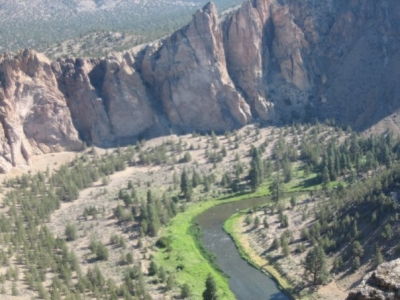
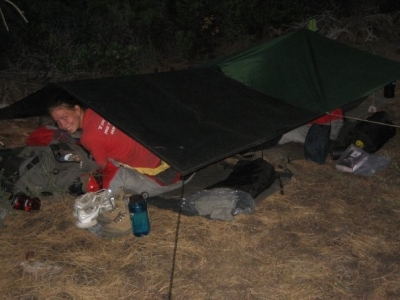
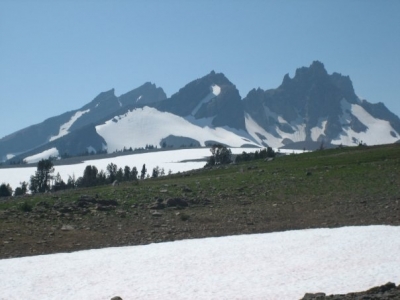
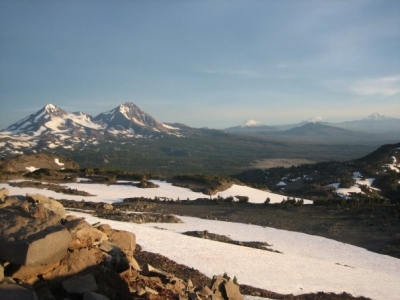
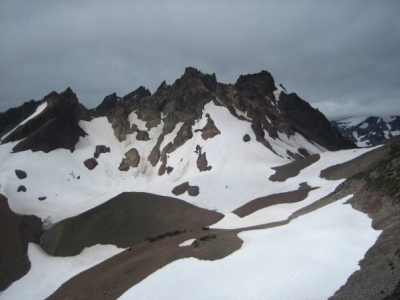
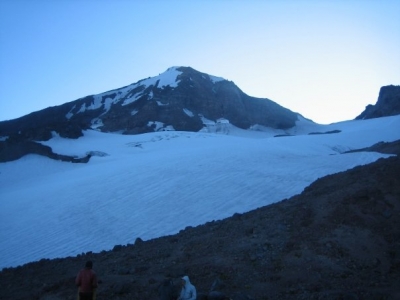
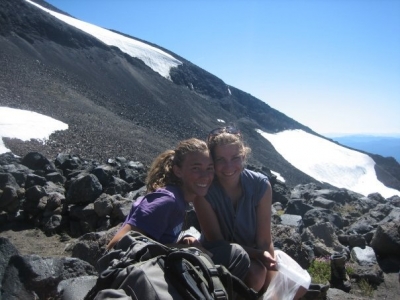
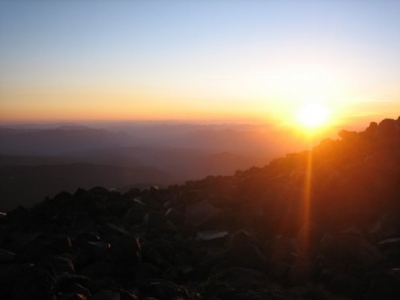
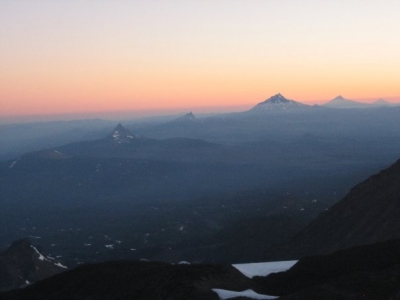
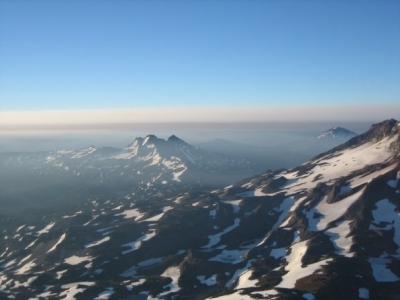
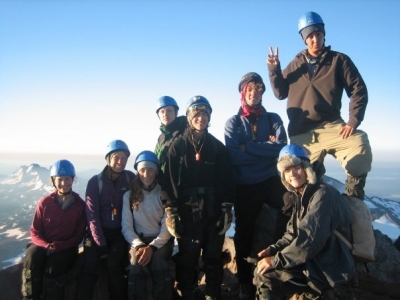
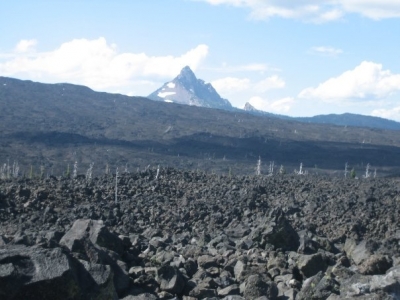
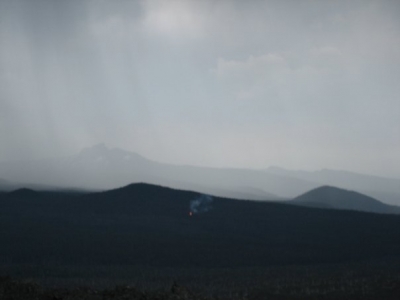
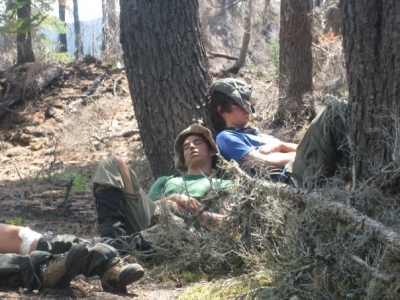
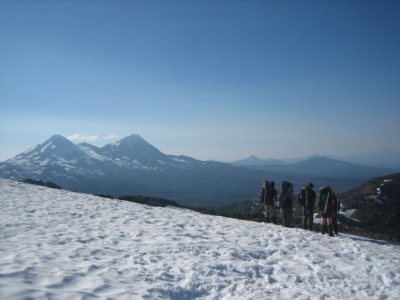








A month without time restraints would be awesome, although in this day and age, it's impossible to stay away from time, the clock on your phone, TV schedules, even listening to the radio fails.